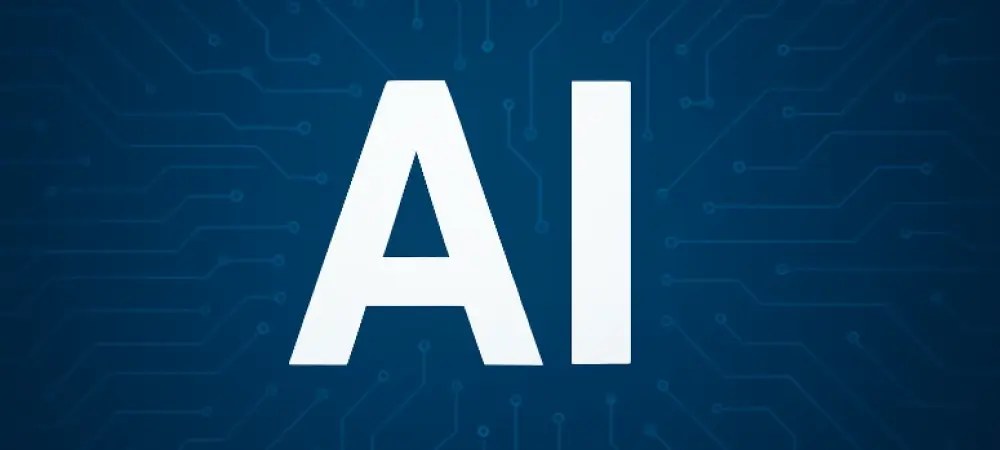The Evolving Digital Banking Frontier
Artificial intelligence (AI) is revolutionizing sectors globally, with Canadian banks at the forefront of leveraging this groundbreaking technology. The growing digital finance landscape necessitates the enhancement of security measures, positioning AI as a crucial tool in this evolution. Transformation in banking predates AI, tracing back to the dawn of internet banking and digital transactions in past decades. Traditionally, digital initiatives concentrated on customer convenience. Today, however, the narrative shifts toward mitigating security risks and improving operational efficiency. The impetus for adopting AI is driven not only by the need for enhanced security but also by the pursuit of robust digital frameworks capable of withstanding emerging threats and improving customer experience.
Reinventing Cybersecurity with AI
AI’s profound influence is palpably felt in the realm of cybersecurity. By utilizing sophisticated algorithms, banks achieve unparalleled threat detection capabilities, allowing them to intercept attacks that human oversight might miss. This proactive stance drastically reduces potential breaches, safeguarding sensitive financial data. Nevertheless, AI itself poses risks, such as ensuring the security of AI systems and maintaining ethical standards. Therefore, Canadian banks must focus on developing dynamic security solutions that integrate AI’s benefits while mitigating inherent risks.
Fraud Detection: AI’s Innovative Role
AI’s deployment in fraud prevention serves as a vital component of modern banking strategies. Machine learning models help identify fraudulent patterns with greater accuracy, adapting alongside evolving criminal techniques. This agile response is key to mitigating risk and ensuring transactional integrity. As fraud attempts become more complex, maintaining a balance between cutting-edge technology and ethical algorithm deployment presents challenges. Continuous AI refinement and vigilant oversight are essential for sustaining secure operations amidst this technological evolution.
Regional Trends and AI Innovation
AI integration across Canadian banks exhibits regional differences, dictated by varying regulatory frameworks and consumer expectations. Local conditions influence AI strategies and drive regional innovations unique to provinces. The challenge lies in harmonizing these regional initiatives with nationwide efforts, ensuring uniform security and functionality standards. AI advancements further extend into personalized financial advising and custom-tailored customer service options, highlighting the need for banks to navigate personalization complexities while safeguarding privacy.
Future AI Trends and Considerations
The trajectory of AI in Canadian banks reflects transformative potential, shaped by technological advancements and evolving regulatory landscapes. Emerging technologies like quantum computing might redefine data processing, offering novel security solutions in the coming years. Economically, an intensified focus on AI advancement could spur increased investments in digital services, driven by consumer demand. Collaborative efforts between tech companies and financial institutions are pivotal, ensuring a synchronized progression toward optimized, secure operations.
Navigating the Dual-Edge Nature of AI
Throughout the journey of AI integration, Canadian banks have encountered both immense opportunities and significant challenges. Critical to advancing AI strategies is embracing a balanced approach that maximizes AI’s vast potential while addressing its vulnerabilities. Establishing clear rules for data governance, advancing in cybersecurity education, and partnering with tech firms are vital steps. Increasing transparency and fostering accountability in AI implementations contribute to maintaining public trust and confidence, crafting a resilient path for future banking security. The potential of AI to transform banking operations in Canada is undeniable. Its remarkable capacity to enhance cybersecurity and prevent fraud provides banks with a competitive edge. Navigating the challenges associated with this technology demands a thoughtful, strategic approach. With careful planning, Canadian banks are poised to continue leveraging AI’s power, driving future advancements in the industry and laying the groundwork for an agile, secure, and customer-centric financial ecosystem.

